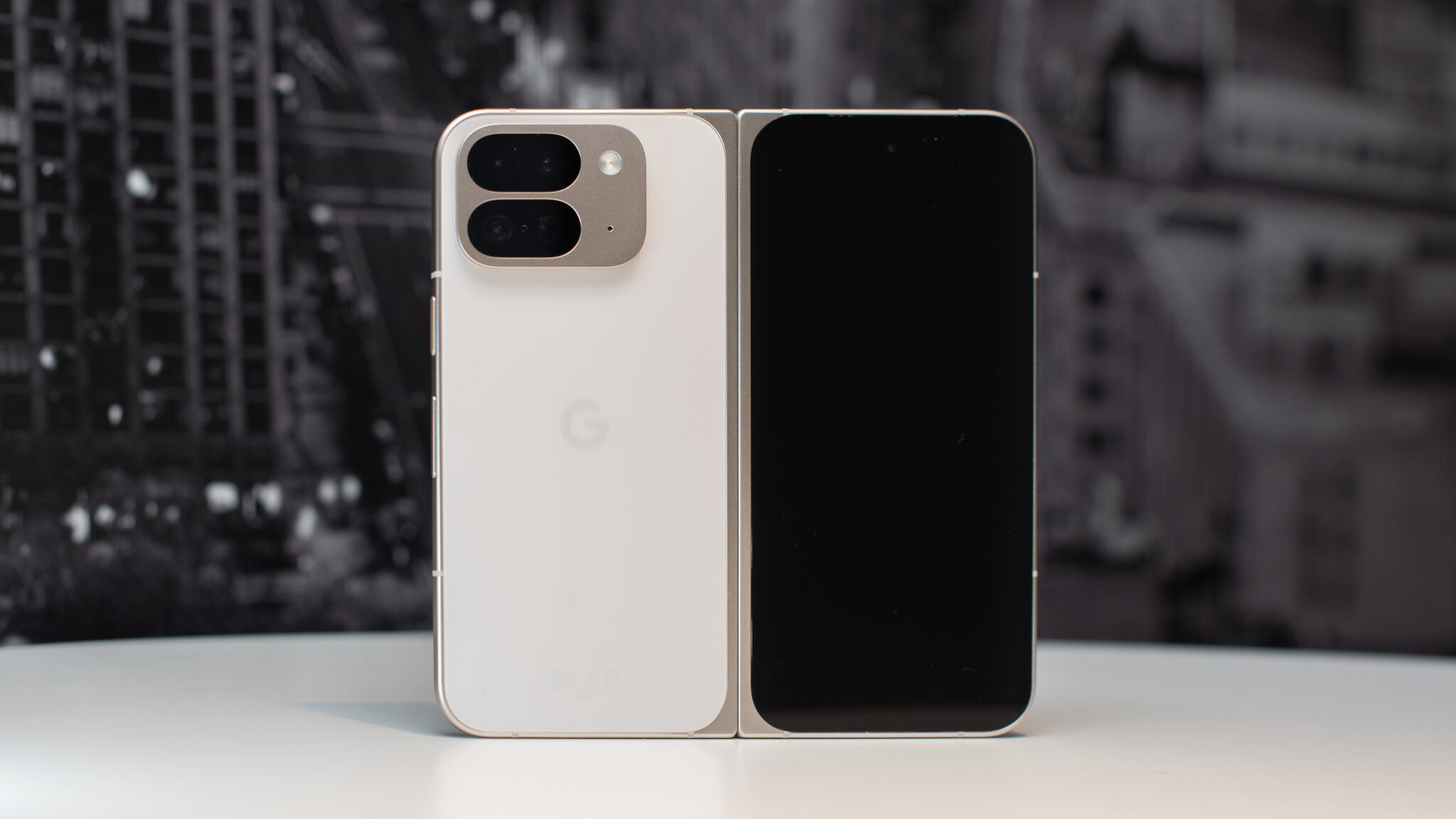The Google Pixel 10 series is almost here – this year’s Made by Google event is scheduled for August 20, and we’re expecting to see full reveals for the Google Pixel 10, Google Pixel 10 Pro, Google Pixel 10 Pro XL, and Google Pixel 10 Pro Fold.
Of course, we’ve already heard enough rumors to give a pretty decent impression of how these four handsets might look – and one of these rumors has caught more of my attention than all of the others combined.
As we recently reported, it’s been suggested that the Google Pixel 10 Pro Fold could launch with an IP68 dust and water resistance rating.
An IP rating – IP standing for ingress protection – defines how well a device can prevent dust (first number) and water (second number) from entering its chassis.
IP68 ratings have long been standard for flagship phones, and they suggest a device is totally sealed against dust and can survive submersion in fresh water.
For folding phones, IP68 ratings have thus far remained out of reach. This is due to the difficulty in sealing a moving hinge mechanism against dust.
For reference, the Google Pixel 9 Pro Fold has an IPX8 rating, which offers the same water protection but no dust protection at all.
The closest we’ve seen a folding phone come to a ‘perfect score’ is the Samsung Galaxy Z Fold 7, which boasts a relatively impressive IP48 rating that ensures protection against dust more than 1mm in diameter – still not all that helpful if you spill, say, flour or ground coffee on your phone, or if you want to take your folding phone to a sandy beach like our Editor-at-large Lance Ulanoff did last year.
An instant win
To cut to the chase, if Google ships the Pixel 10 Pro Fold with an IP68 rating, it will instantly win my recommendation over every other folding phone on the market.
The Google Pixel 9 Pro Fold launched at a starting price of $1,799 / £1,799 / AU $2,699, so we’d expect the Google Pixel 10 Pro Fold to cost at least this much (if not more). At this kind of price, what could matter more than the ability to use your phone more often, in a wider variety of environments, without fear of damaging its internal components? Usability always takes first place.
For better or for worse, our phones are with us all the time – nobody wants to think about taking their phone out of their bag or pocket just because their environment is a bit dusty.
Such an upgrade would also do wonders for the Google Pixel 10 Pro Fold’s usability, as well as Google’s position in the folding phone market.
The first Google Pixel Fold was insulated from too much technical scrutiny by virtue of being the first widely available competitor to the Samsung Galaxy Z Fold line, but that won’t last forever – the series has thus far struggled with underpowered chipsets and somewhat disappointing cameras, and needs to innovate to keep up with its Korean rival.
An IP68 rating could offer serious compensation for these features should the Pixel 10 Fold fail to catch up, while giving fans and reviewers something to point to as a clear, objective advantage over the Galaxy Z Fold 7.
And though our list of the best folding phones may feature a different model in the top spot, the Pixel 10 Fold will win my personal recommendation should this rumor prove true. We’ll find out for sure on August 20, but until then, let us know what you want to see from the Google Pixel 10 Pro Fold in the comments below.
For more on the Google Pixel 10 Pro Fold, check out our roundup of the 3 upgrades it needs to be taken seriously against the Samsung Galaxy Z Fold 7.
Read the full article here













